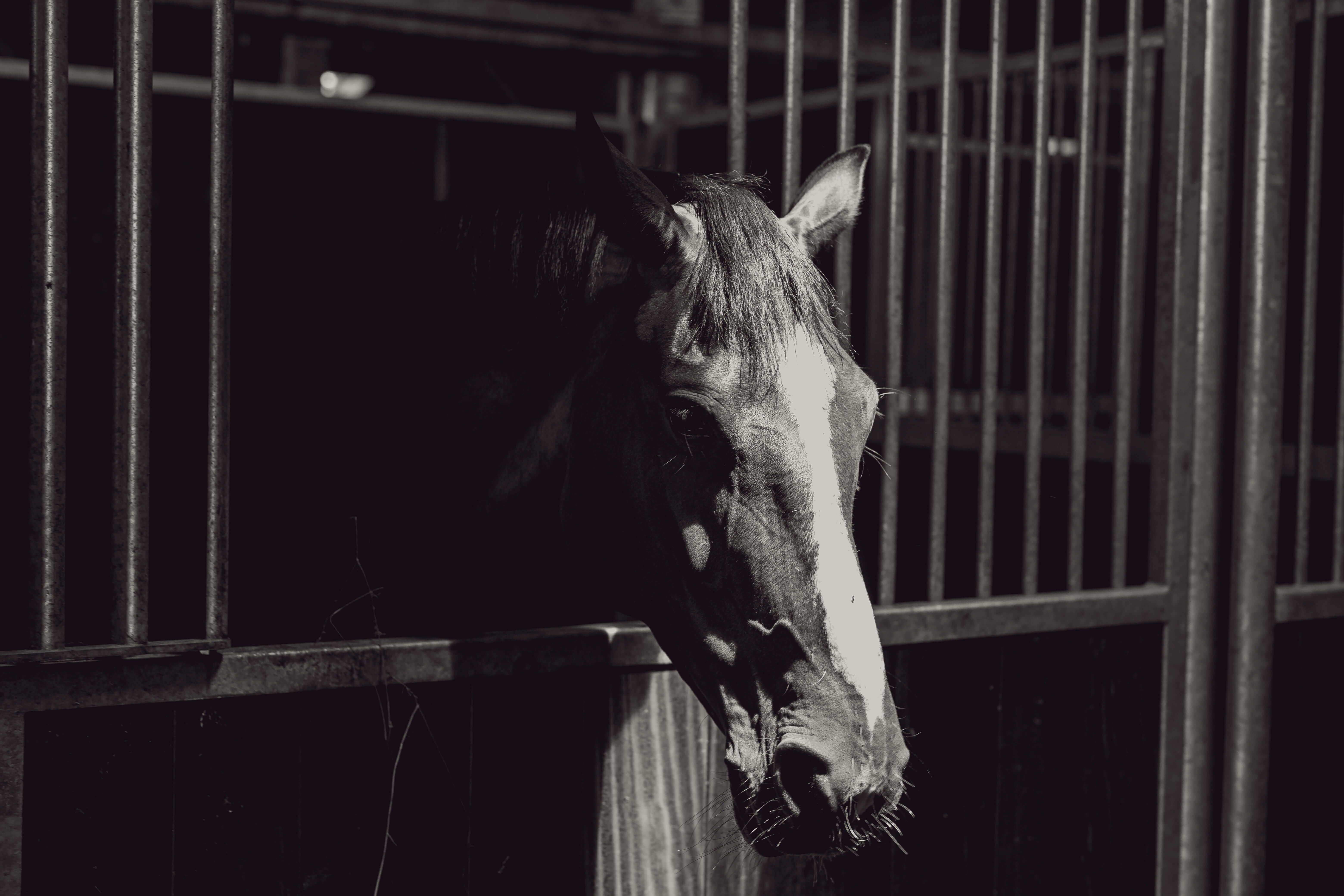News & Special Offers

Equine Flu
If you’ve been following the equine press recently, you’ll be very aware of the Equine Flu outbreak that’s hitting yards and stables across the UK at the moment. With several cases reported in Worcestershire and Cheshire, it’s right on our doorsteps too! So in this blog we’re going to quickly update you on the Flu and the current status of this outbreak. Remember, if you’re worried about your horses, please get in touch right away!
What is Equine Flu?
It’s a closely related virus to human flu – in fact, many different species have their own influenza variants. They’re a family of viruses that primarily attack the cells of the respiratory system, by invading them and then hijacking the cell’s systems to replicate their own genetic material. The cell then dies and bursts, sending out thousands of viral particles to attack other cells, spreading the infection. Influenza tends to result in more severe symptoms that most other respiratory viruses in horses (and humans, for that matter!) and can lead to potentially fatal secondary infections, such as pneumonia.
All flu strains can be grouped into families by their haemagglutinin and neuraminidase receptors – the surface proteins that they use to “lock on” to a cell and invade it. The current outbreak is caused by an H3N8 Florida Clade 1 strain.
Does it pose a risk to humans?
Basically, no. There is some evidence that humans can carry the virus, but this does not lead to symptoms – the virus is too well adapted to horses to be able to cause full-blown infection in humans. While it isn’t impossible that it could mutate to a “zoonotic” strain, capable of jumping the species barrier, it’s very unlikely.
How is it transmitted?
Same way as human flu – in snot and sneezes! In fact, it is very, very contagious, made worse by the fact that horses are usually infectious for a few days before they develop symptoms.
What are the symptoms?
Typically, symptoms include lethargy or poor performance, poor appetite, a harsh or dry cough, swollen glands under the jaw, a fever over 38.5C, and a runny nose. While the nasal discharge often starts out clear, it usually becomes thick, yellow or even greenish in colour.
Most horses will make a full recovery with suitable nursing care, but we do see some fatalities from most outbreaks, typically in unvaccinated horses who develop pneumonia. This results in severe depression, weakness, and difficulty breathing.
How is it treated?
Affected horses should be isolated as far as possible from others, and affected yards should minimise movement of horses on or off until vets can confirm that there is no further risk of infection.
Good nursing care is the key to treatment – making sure they have plenty of fresh clean water, soaked hay (so as not to exacerbate the cough), and that they are kept warm but not sweating up. These horses should also have complete rest – the old rule of thumb is a week off work for every day they ran a fever, to minimise the risk of secondary complications.
If my horses are vaccinated, are they safe?
They are safer than unvaccinated horses, but not 100% safe. This outbreak has seen a large number of cases in vaccinated horses – although the symptoms seem to be much milder.
Why is that?!
There are several factors here. Firstly, flu viruses aren’t very stable, and mutate all the time. It seems that this strain has mutated just far enough that the vaccines do not give complete protection. Enough to reduce the severity of the infection, but not quite enough to prevent symptoms appearing completely in all horses.
Secondly, there is some evidence that the effectiveness of the flu vaccine decreases quite fast with time – while we routinely vaccinate annually once the primary course is complete, the protection in the second half of the year is noticeably weaker than in the first 6 months. For some authorities (such as the FEI) 6 monthly vaccination is mandatory, even though it is strictly off-license use of the vaccine. Give us a ring to see if your horse would benefit from a “top-up” vaccine!
How can I find out more about the current outbreak?
The best resource is the Animal Health Trust, who are collating all the reports. You can access their advice, guidance, and up-to-date reports on the current 2019 outbreak at EquiFluNet.
What should I do if I think a horse on my yard might be infected?
Contact us right away for advice! While most horses with a cough and a snotty nose won’t have the Flu, if they do, they need rapid attention to prevent it from spreading.
